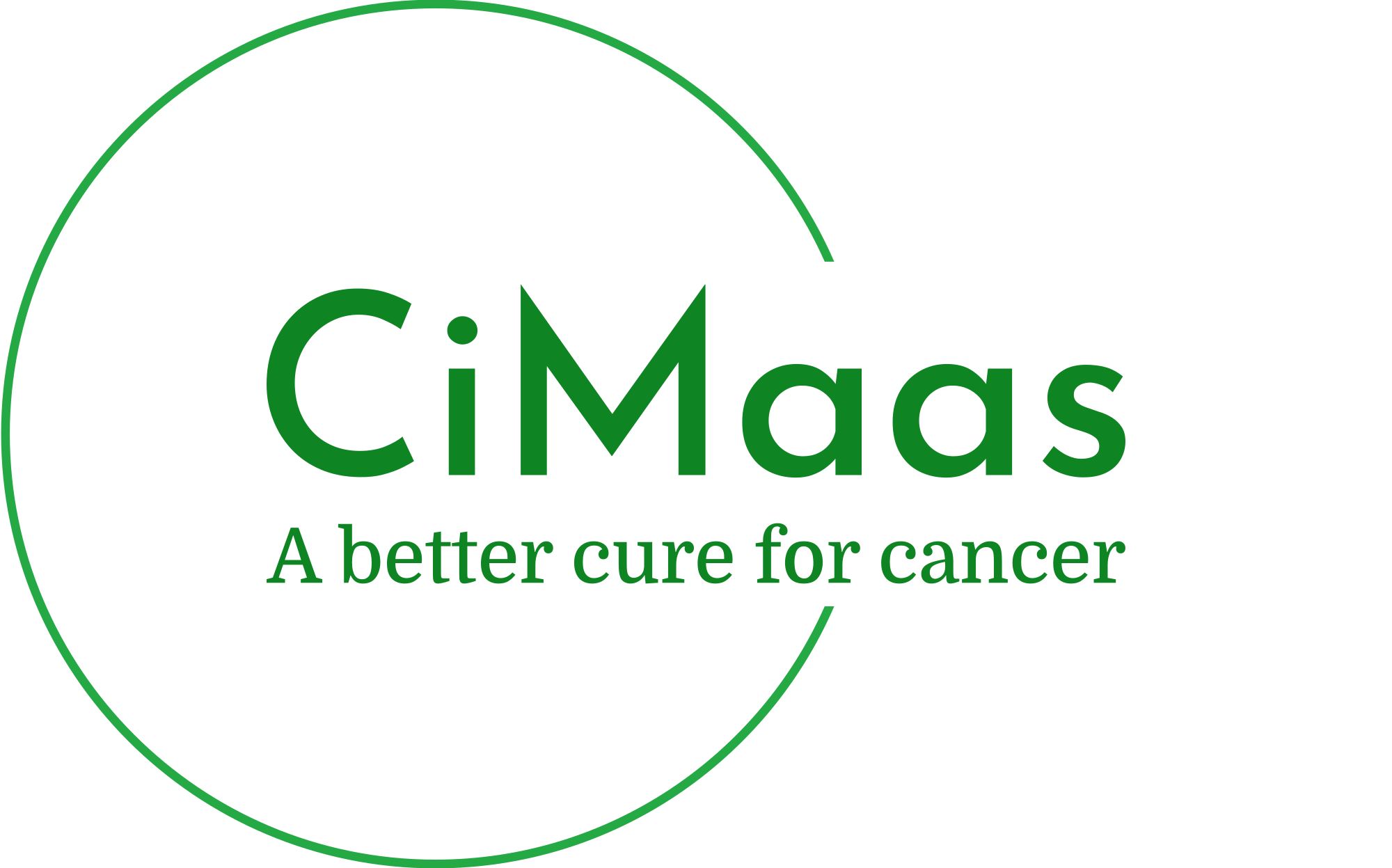CiMaas moves it’s clinical production site to InSciTe in Sittard-Geleen. Working together in the Biomedical Accelerator Matrix, CiMaas and InSciTe are joining forces to bring a cure for cancer one step closer to reality.
CiMaas (Cellular Immunotherapy Maastricht) is currently working on two innovative products: a vaccine based on patients own immune cells and the production of ‘donor Natural Killer-cells’. The cellular immunotherapy works by activating the immune system, which enables the body to combat cancer.
CiMaas vaccine
The company’s priority is the production of a vaccine which can treat many different types of oncological diseases. CiMaas will initially focus on the treatment of lung cancer. This vaccine uses activated dendritic cells (DCs). A successful vaccine could result in a breakthrough in the treatment of different types of cancer. However, the production of the vaccine has to meet incredibly stringent production demands (Good Manufacturing Practice) to ensure that the vaccine is safe to use in humans. To get to this point, CiMaas has partnered with the Accelerator Matrix of the Institute for Science and Technology (InSciTe).
The CiMaas vaccine uses cells that activate the immune system, the activated dendritic cells (DCs). The effectiveness of the therapy depends on the optimal activation of the DCs. Many different types of oncological diseases can be treated by using this method. Hopefully this technique will open new doors that lead to a more effective cancer treatment.
InSciTe’s Biomedical Accelerator Matrix
The road from idea to product is a long, arduous one, so when entering the production phase for clinical testing, CiMaas was looking for a partner to team up with. This future partner had to agree to two requirements: CiMaas wanted to maintain control over the complex production procedure and, just as with every start-up, the costs had to remain viable. InSciTe’s Biomedical Accelerator Matrix concept provided the perfect solution.
InSciTe has its own facility on the Brightlands Chemelot Campus, and the Biomedical Accelerator Matrix has been set up with one goal in mind: to bring promising biomedical concepts to the market and patients, much like the CiMaas concept. The Biomedical Accelerator Matrix offers state-of-the-art infrastructure and equipment, flexible working spaces, technical supportive staff, a dedicated cleanroom and an overarching Quality System with the necessary trainings. This allows CiMaas to have its own pick-and-choose facility with everything they need, without having to commit to large investments. It’s a win-win situation.
Quote Wilfred Germeraad, CSO of CiMaas
“Thanks to InSciTe’s Biomedical Accelerator Matrix, we could choose the elements we need to accelerate the production process and clinical trials for the treatments we had designed, but without losing control in the production process. Our work with the other companies within the facility has been very stimulating and helpful. This is unique in this region and really helps me to live my dream: to develop a better treatment for cancer patients’”
Ambition
CiMaas has some big plans. In the future, they are looking to build their own cell therapy center to provide a suitable environment in which to treat cancer patients with their produced immune therapy. However, after the set-up and fulfilling all regulatory requirements concerning production, the clinical trials are the next steps that need to be completed. The vaccine will first be tested for safety on a selected group of patients suffering from lung cancer starting Q3 2018. After successful testing, CiMaas will focus on testing for efficacy. In the future, CiMaas aims to produce and distribute the vaccine to provide this treatment to cancer patients.
Quote Danielle Curfs, Program Manager Biomedical Chemelot InSciTe
“We were really keen on attracting CiMaas to the Biomedical Accelerator Matrix, because they are a great example of a promising biomedical concept in which the Matrix can bring their treatment a step closer to the patient. We are happy to start this collaboration with CiMaas, and we are looking forward contributing to a better treatment for a disease which can affect all of us”

